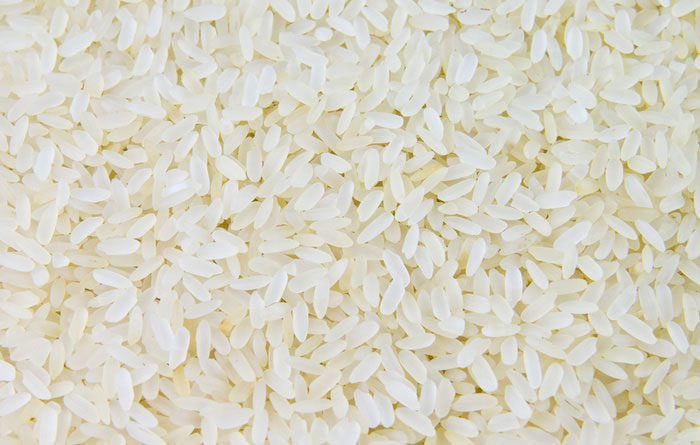Producing blood proteins from transgenic rice
In a study published in the Proceedings of the National Academy of Sciences, USA, researchers describe rice grains that can produce large amounts of a blood protein called serum albumin, or HSA1.
The world has a great need for HSA for the production of drugs, vaccines and treatment for patients with severe burns, hemorrhagic shock and cirrhosis. The supply of HSA is donated blood. To overcome anemia and blood-borne virus infection, researchers worldwide have produced functional HSA, or synthesized with the help of yeasts and bacteria or in genetically modified organisms. like cows and cigarettes. Crop use for HSA production has been underway for the past two decades, but yields have been too low.

In China, the idea of using rice, a rich crop, to supplement or even replace existing albumin supplies to meet the needs of HSA and reduce the risk of spreading plasma viruses. hidden by Daichang Yang, a biotech biologist at Wuhan University, China and colleagues by inserting HSA coding gene into rice plants. This gene is activated during the process of granulation and the protein produced is stored in rice grains along with other nutrients . The results showed that HSA accounted for more than 10% of the total soluble protein of rice kernels, one of the highest yields of recombinant proteins from crops to date.
The analytical results show that rice-derived proteins have chemical and physical characteristics and functional expression equivalent to plasma proteins of human blood in medical tests and immune responses.
"Recombinant methods provide HSA more abundant and safer than human plasma, and at least it will be cost-effective , " said William Velander, a genetically modified therapist at University of Nebraska-Lincoln. According to Don Brooks, who developed synthetic biocompatible materials at British Columbia University in Vancouver, Canada, who also synthesized HAS proteins: "I believe what they have produced is impressively".
Yang's next goal is to test recombinant rice-based HAS on humans over the next two years.
- Genetically modified rice is rampant in China
- Successful restoration of rice varieties Bao thai Cho Don
- Scientists have found ways to use genetically modified rice to prevent HIV
- Successful breeding of 'diving' rice varieties under water
- Experimental GM rice in China
- Rice carries human genes
- Why do people need to eat rice every day?
- Believe it: A startup is producing proteins from air and electricity
- Generation of transgenic rice containing vaccines
- Blood tests help predict stroke
- Eat brown rice to prevent high blood pressure and heart attack
- Unusual effects of sticky rice on health
 Green tea cleans teeth better than mouthwash?
Green tea cleans teeth better than mouthwash? Death kiss: This is why you should not let anyone kiss your baby's lips
Death kiss: This is why you should not let anyone kiss your baby's lips What is salmonellosis?
What is salmonellosis? Caution should be exercised when using aloe vera through eating and drinking
Caution should be exercised when using aloe vera through eating and drinking